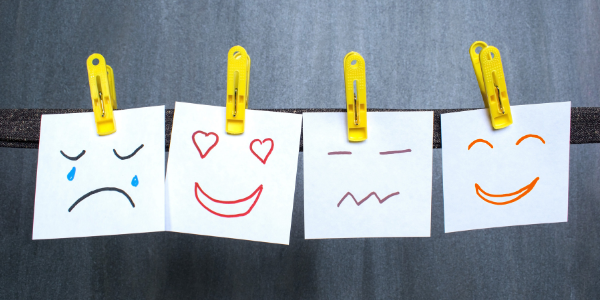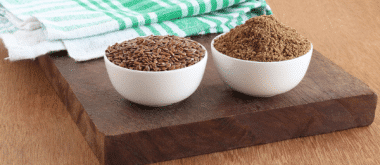You can never underestimate the strength of the correlation between your mood (feelings) and your physical health.
Have you ever noticed that when you go through mood swings, your physical health seems to have issues as well? It’s true, and it happens to everyone. A lot of scientists and doctors refer to this phenomenon as the “mind/body connection.”
In the sections below, the discussion is going to focus on how mood affects health, particularly in people who are in their 40s. The hope is this information will give you enough insight to help you think about how to better manage your health through mood control.
Things That Can Affect Your Mood
Short of having mental health issues that make you a perpetual “sad sack,” you are going to experience changes in your mood. Feeling good is very uplifting. We all enjoy things like holding a puppy, winning the lottery and getting a raise at work. Unfortunately, we tend to be more reactive to the things that bring our moods down. Look at the following list of mood changers and see how many of them have ever affected you:
- The car breaks down unexpectedly
- Someone in the family passes
- A disagreement sprouts up with a dear friend or relative
- The kids are struggling in school
- Mistakes are made at work
- Financial struggles
This is a tiny list of things that people experience and react to adversely. There are also positive things that can happen, causing upheaval and stress. For instance, buying a new home is exciting but having to move could be a real stressor.
The point is there are a lot of things going on in your life that can cause sudden and frequent mood changes. How you manage those things will affect your health.
How Your Body Reacts to Stressors

When your mood is dark and dreary, that’s when the body reacts in kind. Constant worrying can lead to ulcers. Too much stress causes heart and blood pressure problems. Depression and anxiety cause people to focus less on their diet and exercise in favor of dragging around and neglecting themselves. Throw in hormonal changes and it’s easy to see why people in their 40s are particularly vulnerable to their moods.
It really doesn’t stop there. Depression and anxiety can impact the way someone sleeps. As insomnia and sleep apnea increase, energy levels drop even more. That can lead to “nervous” stomach issues, resulting in bouts of diarrhea. Poor nutrition leads to unhealthy teeth, hair and joints as muscle and bone mass deteriorate. It’s all amazingly interrelated and can be ignited by poor emotional/mental health.
Ultimately, the correlation between mind and body goes both ways. Moods affect the way people feel physically until eventually, health issues start affecting the way people feel emotionally.
How to Control Moods for Better Health
At the end of the day, it’s your overall well-being that matters the most. A healthy person is a person who generally feels emotionally good and doesn’t have to deal with a lot of serious health issues. The question is: How can you control this interaction between feelings and physical health?
Express Yourself
When people are feeling down, they tend to close up and move off by themselves. That often leads to another layer of sadness. The cure for this is to do the opposite. There is something healing about sharing problems and feelings while maybe getting a little advice or help in the process.
Develop Better Coping Skills
There should be no doubt that everyone experiences some level of mishap and stress. The reason some people tend to have little reaction to adversity is they have really good coping skills. They know where the emotional traps are located and know how to avoid or deal with them.
This could be you. By now, you should know where your stressors are and how they affect you. Knowing is good news. You just need to develop the tools needed to combat those stressors.
The bottom line is this: Whatever your mood might be at any time, there is a way to cope with it. If you learn how to do that, you will likely find your physical health improve.





